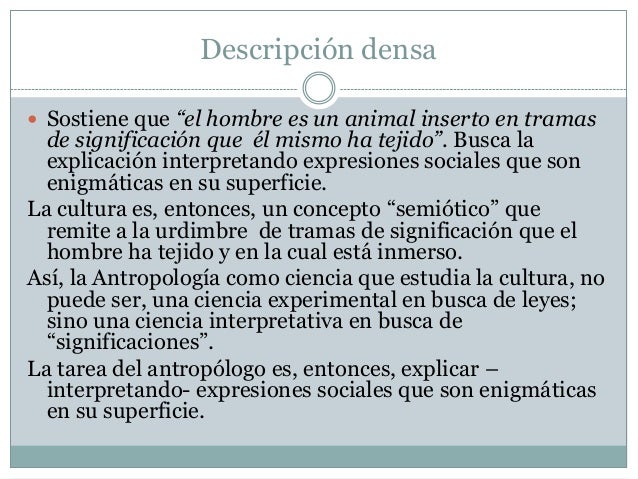

It proposes that narrative knowledge is a primitive, natural, form of knowledge, although its communication is rarely without ambiguity. Although this article is critical of narrative knowledge it does not take the same position as logical positivism which declares that true knowledge must be unambiguous. It proposes that narrative knowledge has a basic attractiveness because of the role that it played in the early history of the human species. It discusses the weaknesses and strengths of narrative knowledge. The article explores the various ways in which narrative knowledge has been promoted in the cultural anthropology.


The argument of this article is that narrative knowledge an older form of knowledge that dates to the time when the brain was evolving its capacity for cultural communication, and that scientific knowledge is more recent and depends on writing and other more elaborate technologies for encoding cultural information outside of the human brain. The Palgrave Macmillan Series in Cultural Sociology is dedicated to the proposition that deep meanings make a profound difference in social life. This paper discusses two types of knowledge that are generated by cultural anthropology, narrative knowledge and scientific knowledge.


 0 kommentar(er)
0 kommentar(er)
